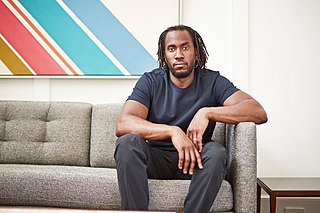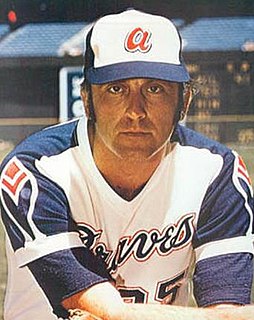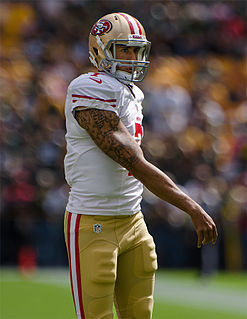A Quote by Ishmael Reed
I was roommates with 2 of the guys who were influential in forming the Black Arts philosophy. I called them "goons," and [Amiri] Baraka took offense at that. But if you read his autobiography, the night we went up there for a fundraiser, he talks about how he wished that some violence would happen to us. How do you like Baraka as a gracious host?
Related Quotes
In 1967, the students at San Francisco State invited the poet Amiri Baraka to the campus for a semester. He attracted other influential black writers such as Sonia Sanchez, Ed Bullins, Eldridge Cleaver. What emerged was something we called the community communications program. That's how I got involved; I got involved in a little play.
In 1967, the students at San Francisco State invited the poet Amiri Baraka to the campus for a semester. He attracted other influential black writers such as Sonia Sanchez, Ed Bullins, Eldridge Cleaver. What emerged was something we called the community communications program. That's how I got involved; I got involved in a little play
Black music has always known, and not been afraid to acknowledge just how high the stakes of Black thought are. To summarize the final soliloquy of Clay, the protagonist in LeRoi Jones’ (aka Amiri Baraka’s) play Dutchman. You’d better be glad Charlie Parker could play him some horn and Bessie Smith could sing, because if they didn’t make music they might murder you. One would be hard pressed to find another group of people on this planet whose music is a surrogate for murder. One would be hard pressed to another group of people on this planet whose life is a proxy for death.
Because Ajamu Baraka speaks in the language of his community, and makes no bones about it, he really invites in a whole new demographic of voters who have been locked out? - African-American and black and brown people and indigenous people? - who have felt like this system has no place for them. And he is unapologetic about standing up for the rights of the oppressed people and against colonialism and against imperialism.
From Borges, those wonderful gaucho stories from which I learned that you can be specific as to a time and place and culture and still have the work resonate with the universal themes of love, honor, duty, betrayal, etc. From Amiri Baraka, I learned that all art is political, although I don't write political plays.
Amiri Baraka went to Howard. Lucille Clifton went to Howard. Ossie Davis went to Howard. And I was aware of that when I was there. Charles Drew went to Howard. Thurgood Marshall went to the law school. Being aware of that and having all of that brought to bear, again, it's one of those things that I can't really separate from my career as a writer.
Neglect not your time, nor use it haphazardly; on the contrary you should bring yourself to account. Structure your litanies and other practices during each day and night. This is how to bring about the spiritual blessing (baraka) in each period. If each of your breaths is a priceless jewel, Be not like the deceived fools who are joyous because each day their wealth increases while their life grows ever shorter.
I've had times where one of my roommates was moving out of the house in college, and because we were the only black people in that neighborhood, the cops got called, and we had guns drawn on us. Came in the house, without knocking, guns drawn on my teammates and roommates. So I have experienced this.

































